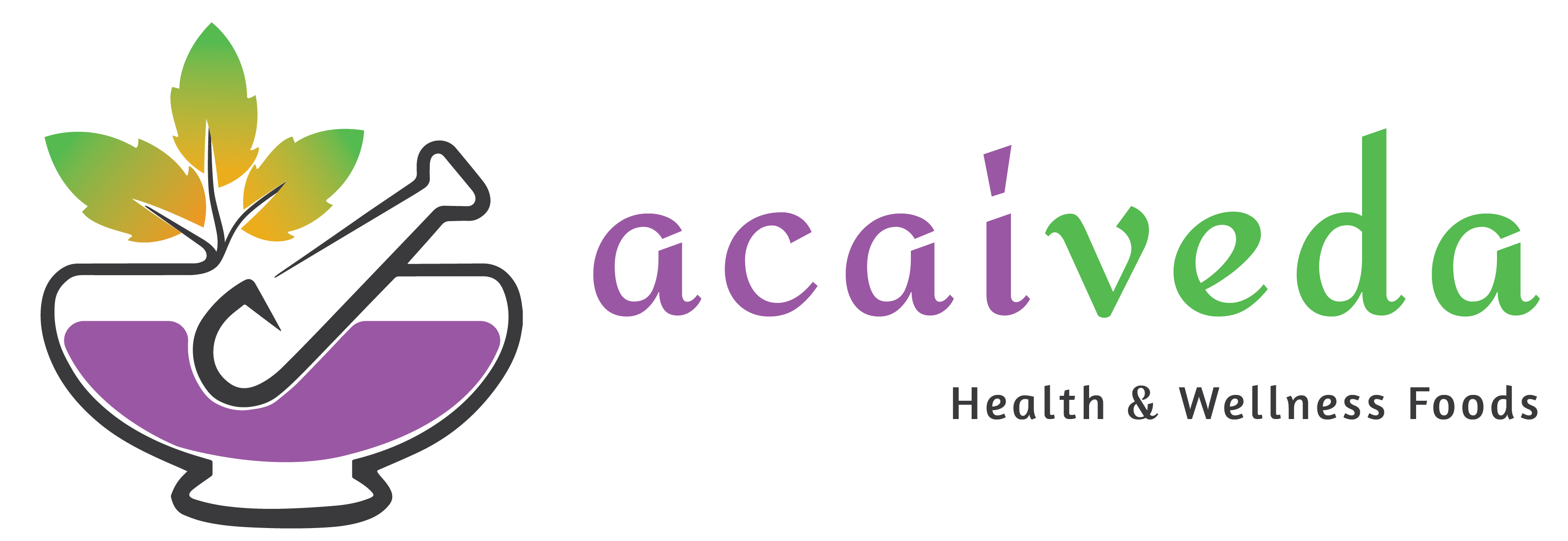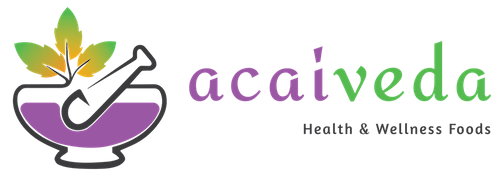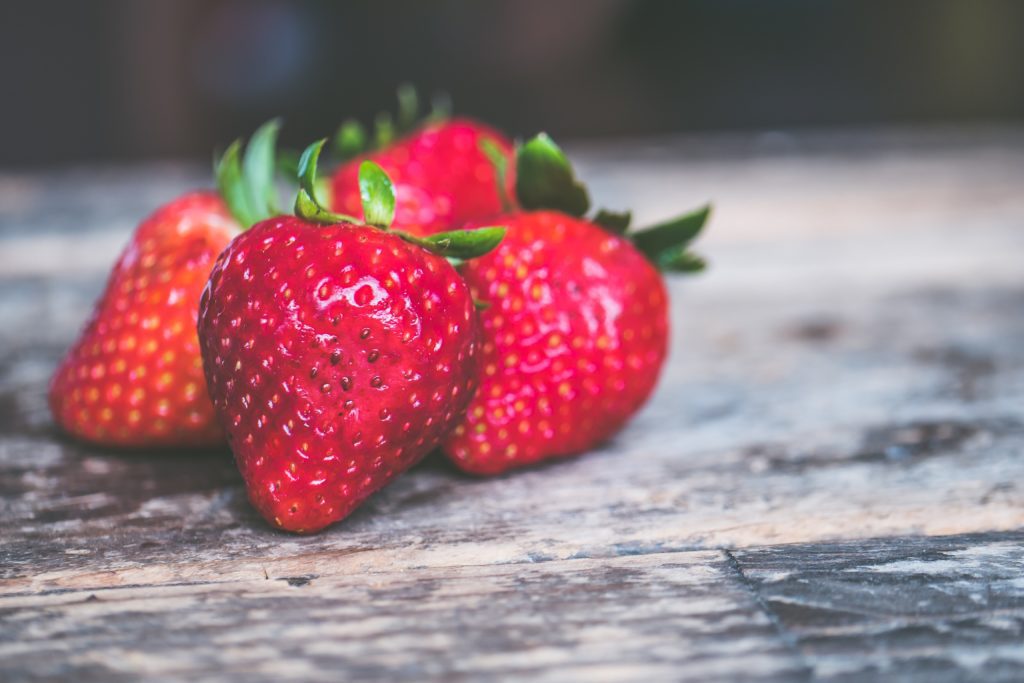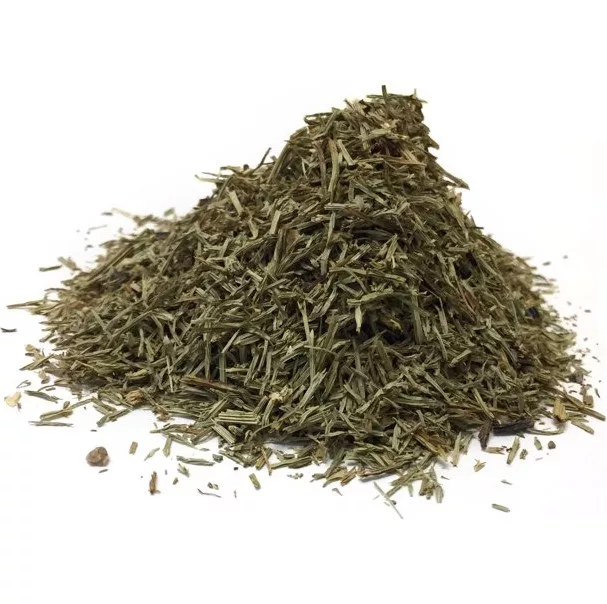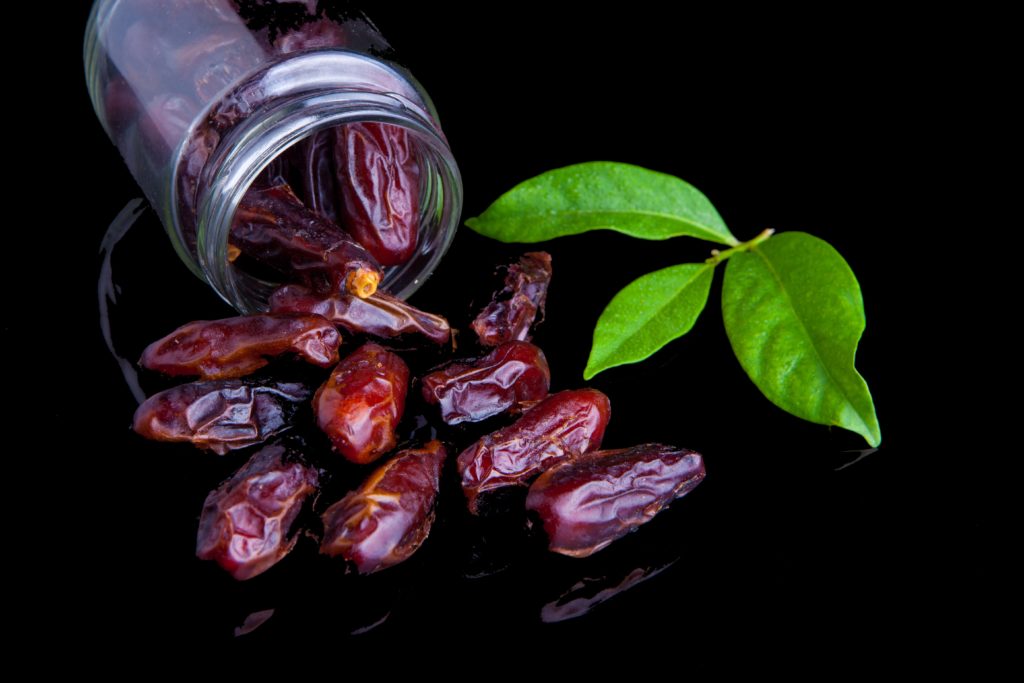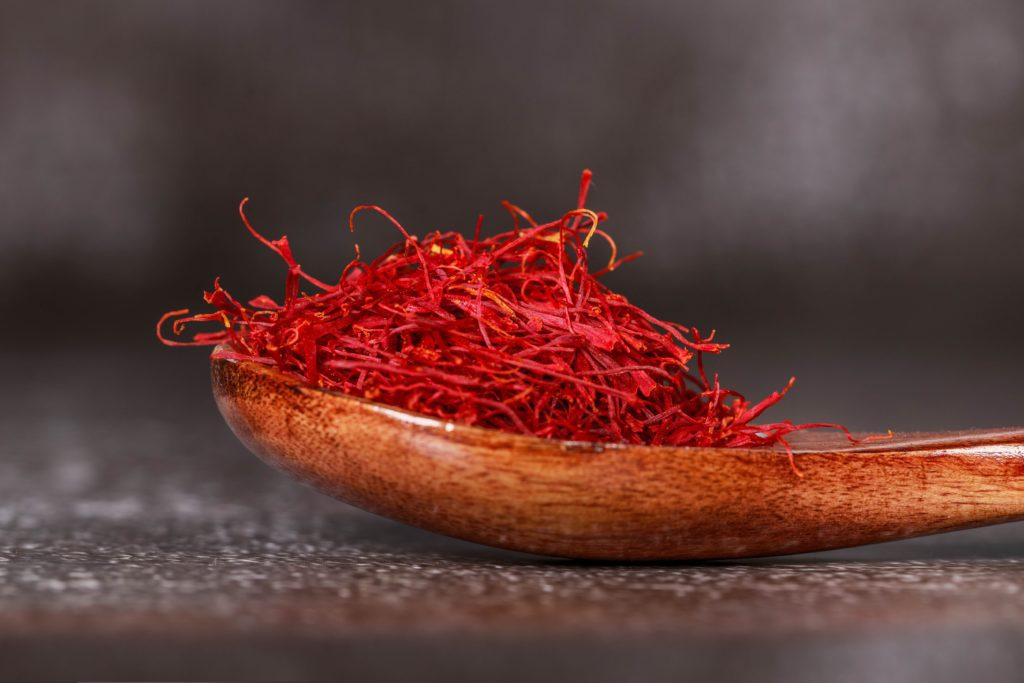
SAFFRON: THE SPICE OF KINGS
WHAT IS THE HISTORY OF SAFFRON?
Saffron has a rich and ancient history, and its use dates back over 3,000 years. Saffron is believed to have originated in the eastern Mediterranean, Middle East, and Asia Minor regions, where it was first cultivated for its medicinal and culinary uses.
Saffron was highly valued by the ancient Greeks and Romans for its use as a spice, dye, and as a treatment for various ailments. It was also used by ancient cultures for religious rituals and as a symbol of wealth and power.
In the Middle Ages, saffron was widely used in European cuisine, and it was a key ingredient in many dishes, including soups, stews, and sauces. It was also used for medicinal purposes, and its popularity as a luxury item continued to grow.
Today, saffron is still considered a precious spice, and it is widely used in cooking and baking across the world, particularly in Indian, Middle Eastern, and Mediterranean cuisines. Despite its high cost, saffron remains a popular ingredient due to its unique flavor, aroma, and numerous health benefits.
WHAT IS THE IMPORTANCE OF SAFFRON IN AYURVEDA?
In Ayurveda, it is believed to have several properties, including:
- Anti-inflammatory: Saffron is thought to have anti-inflammatory properties that can help reduce pain and swelling in the body.
- Antioxidant: Saffron is high in antioxidants, which can help protect the body from damage caused by free radicals.
- Mood-enhancing: Saffron is said to have a positive effect on mood and can help alleviate symptoms of depression and anxiety.
- Aphrodisiac: Saffron has long been used as an aphrodisiac in Ayurveda, believed to improve sexual desire and performance.
- Digestive aid: Saffron is also used as a digestive aid in Ayurveda, helping to soothe digestive problems such as indigestion and constipation.
WHAT NUTRIENTS ARE IN SAFFRON?
Some of the key nutrients in saffron include:
-
- Vitamin C: Saffron is a good source of vitamin C, which helps boost the immune system and protect against oxidative damage.
- Vitamin B6: Saffron contains vitamin B6, which plays a role in the production of neurotransmitters and helps regulate mood.
- Potassium: Saffron is a good source of potassium, which helps regulate blood pressure and supports heart health.
- Magnesium: Saffron contains magnesium, which is important for healthy bones, heart, and muscle function.
- Iron: Saffron is a good source of iron, which is essential for healthy red blood cells and oxygen transport in the body.
- Antioxidants: Saffron contains high levels of antioxidants, including crocin, picrocrocin, and safranal, which help protect against oxidative damage and support overall health.
WHAT IS THE DAILY VALUE OF NUTRITION IN SAFFRON?
A 100-gram serving of saffron contains:
- 11% of the daily value (DV) of Manganese
- 5% of the DV of Iron
Saffron also contains small amounts of other essential vitamins and minerals, such as magnesium, potassium, and calcium.
WHAT ARE THE BENEFITS OF SAFFRON?
Some of the key benefits of saffron include:
-
- Antidepressant properties: Saffron has been shown to have antidepressant properties and may help reduce symptoms of depression and anxiety.
- Improved digestion: Saffron may help improve digestion, relieve bloating, and prevent constipation.
- Heart health: Saffron has been shown to improve heart health by reducing blood pressure, cholesterol levels, and oxidative stress.
- Anti-inflammatory effects: Saffron has anti-inflammatory effects and may help relieve pain and reduce the risk of chronic diseases such as arthritis, Alzheimer’s disease, and certain types of cancer.
- Cognitive function: Saffron has been shown to improve cognitive function, memory, and learning abilities.
- Vision improvement: Saffron has been shown to improve vision and protect against age-related eye diseases such as cataracts and macular degeneration.
HOW DO I CONSUME SAFFRON?
Saffron can be consumed in several ways, including:
- Culinary use: Saffron is commonly used in cooking, particularly in dishes like paella, bouillabaisse, and biryani. It can be added to soups, sauces, and stews to enhance the flavor and aroma.
- Tea: Saffron can be steeped in hot water to make tea, which can be consumed plain or sweetened with honey or sugar.
- Capsules: Saffron is also available in supplement form, such as in capsules or tablets. These can be taken with water, according to the manufacturer’s instructions.
- Tincture: Saffron tincture is another option, which is a concentrated liquid extract of saffron that can be added to drinks or taken directly.
HOW MUCH SAFFRON DO I CONSUME DAILY?
The recommended daily amount of saffron varies based on its intended use and form of consumption. In general, a small amount of saffron, such as a pinch or two, is enough for culinary use. For medicinal purposes, the recommended daily amount is typically around 30 mg of saffron, but this can vary based on the specific condition being treated and the advice of a healthcare professional.
Note: We are a small business so we used a cheat code (ChatGPT, phew, technology has come far!) to help me write this blog post. I double-checked the information contained within this post to ensure accuracy.
